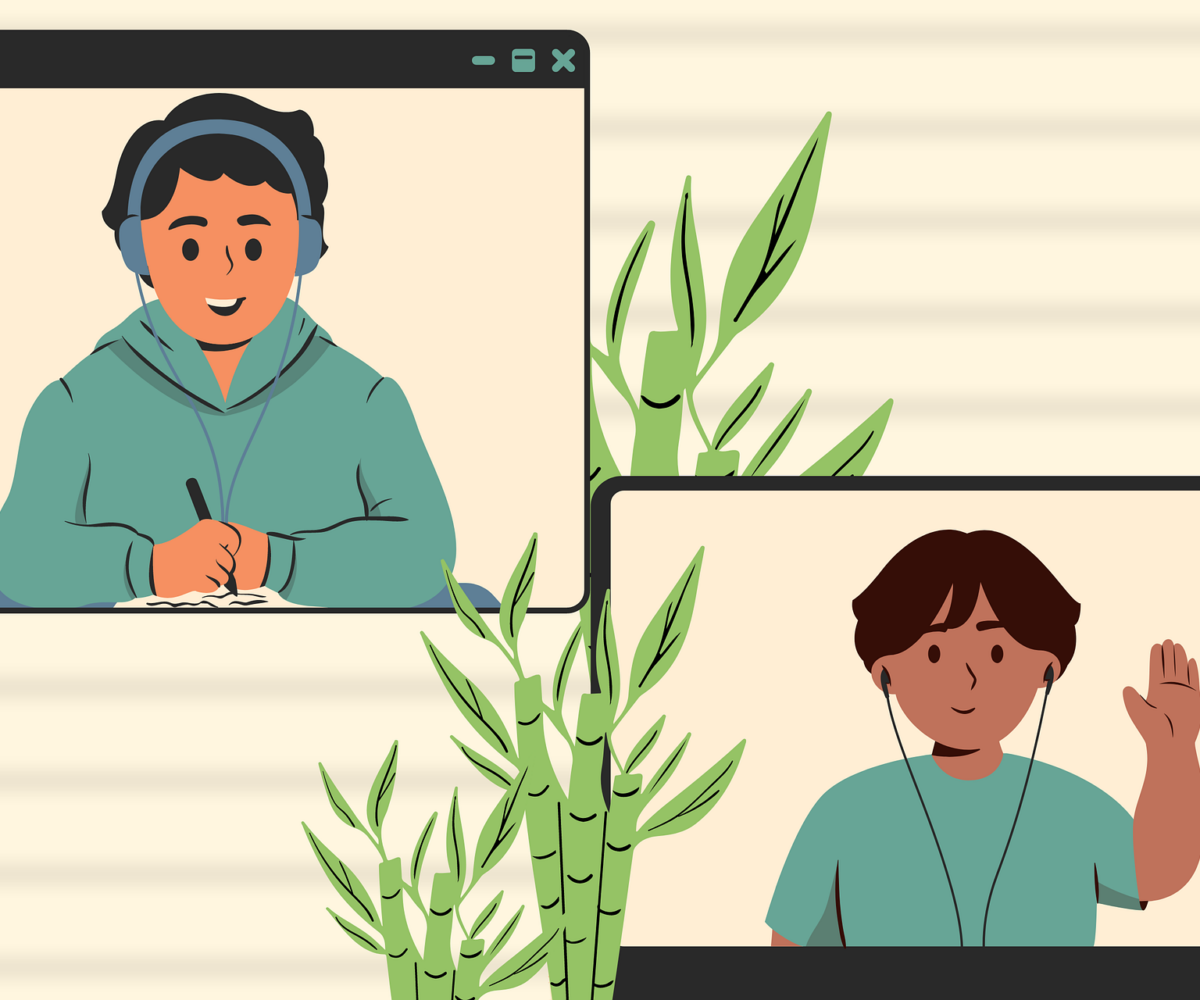
Over the last decade, opportunities to teach English online for South African citizens have surged significantly.
As the market has gained traction, online English teaching has opened doors to global opportunities.
Many South Africans are seeing the chance to teach abroad, particularly in Asian countries. Therefore making it one of the surefire pathways to international travel – second only to the growing au pair niche.
Locally, online teaching platforms often require little more than a reliable internet connection and a good-performing laptop.
How flexible are the job criteria for teaching English online teaching?
The hiring criteria for online teaching roles are relatively flexible.
While some employers may require technical experience and conduct a rigorous interview process, others have more lenient requirements.
As long as applicants demonstrate native-level English fluency, a stable internet connection, reliable equipment such as a laptop and noise-cancelling headphones, and of course, backup power (because you know…. load-shedding) then the effort is halfway met.
Despite the allure, the grass isn’t entirely greener on the other side. Some recruitment platforms regularly list job openings and a closer look reveals significant challenges.
What lurks in the shadows of the prominent online English teaching market?
South African teachers can be drawn in by the opportunity to earn in international currency however, the starting pay is shockingly low averaging around $3 per hour.
To put it into context, generally, a 25-minute class requires at least 30 minutes of unpaid preparation.
Depending on the exchange rates South African can earn an average of just R54 an hour, forcing teachers to work longer hours to make ends meet.
Not to mention the fact that most companies don’t offer compensation for internet costs or equipment.
Other shortfalls include:
- Disparities in pay compared to international teachers
Considering that online teaching is a global market, South African teachers are actively competing internationally. Unfortunately, South Africa ranks among the lowest in pay compared to other nations. Even South American countries that have English as an additional language earn double the minimum pay rate, despite South Africans generally speaking clearer English.
- Unfair rating system
Another major concern is the manipulation of teacher ratings and class assignments. Teachers who build strong rapport with students and receive positive ratings often notice inexplicable decreases in their ratings. Similarly, class assignments sometimes appear rigged, limiting opportunities for these teachers to thrive. Given that pay is hourly, such practices directly impact teachers’ earnings.
- The rating disparities of teaching English online
Many companies show a lack of trust in South African teachers, with student ratings and comments often being the primary way teachers can defend themselves against claims of wrongdoing. As companies hire more teachers, this reduces the class availability of existing teachers.
- Delayed payments
Late payments—or, in some cases, no payments at all—have been reported by teachers. While these are extreme instances, they highlight the precarious nature of the industry
Should there any regulations be implemented for online English teachers in South Africa?
These challenges raise the question of whether South Africa’s online English teaching industry should have regulations to protect teachers. Perhaps it’s time to establish a professional body to support and safeguard online teachers, ensuring their long-term success and stability.
Do you agree? Share your thoughts below.
Don’t forget to check us through our channels: The South African website on Facebook, Instagram,�and TikTok. Get everything you need to know on the go at your convenience!
Stay in touch by clicking on the comment tab below this article or by sending an email to info@thesouthafrican.com or a WhatsApp to 060 011 021 1













